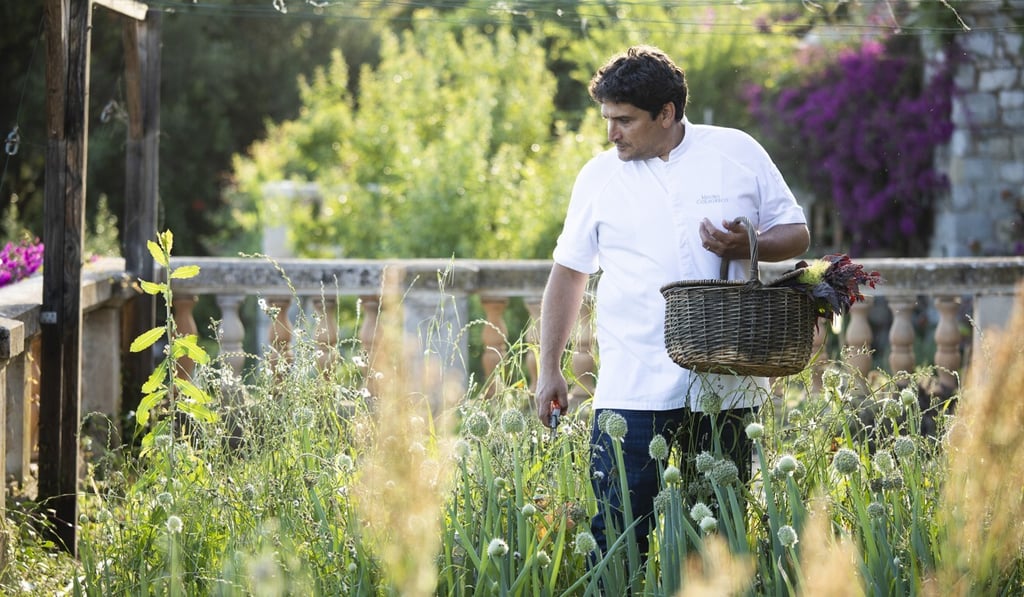How Singapore’s restaurants are weathering the Covid-19 storm, some better than others
- Fine-dining restaurants such as Odette and Mandala Club – host for a pop-up by three-Michelin-star Mirazur – have stayed afloat, but casual ones have suffered
- With in-person dining banned again for a month, restaurant owners talk about how they have adapted while others explain why they have had to shut up shop

Last month Mauro Colagreco arrived in Singapore ready to roll up his sleeves for a three-month residency at Mandala Club.
Just as Colagreco and his 12-person team in Singapore were gearing up for the launch of his nature-driven, moon-cycle-aligned Lunar Menus on May 14, the Singapore government called a halt to in-person dining at restaurants for a month from May 16 under what it called a Phase 2 Heightened Alert (P2HA).
By then, close to 9,800 seats had been sold for the Singapore residency of the restaurant that ranked No 1 on the World’s 50 Best Restaurants list for 2019. To cater to the overwhelming requests for the reassignment of reservations, Mirazur’s Singapore pop-up was extended beyond its intended August 11 end date, to September 4.

Despite the setback, the chef remains positive. “I am very happy that we will be able to reopen again to share our love and passion with our guests in Singapore,” he says. “We need to unite and stay together in this unusual world situation, and trust our government to do their best to protect the people.”
Colagreco duly repacked his bags and left for Menton only four days after arriving in Singapore to prepare for the reopening there of his signature restaurant, which had been closed since October 2020. He plans to fly back to Singapore after the measures there are relaxed.